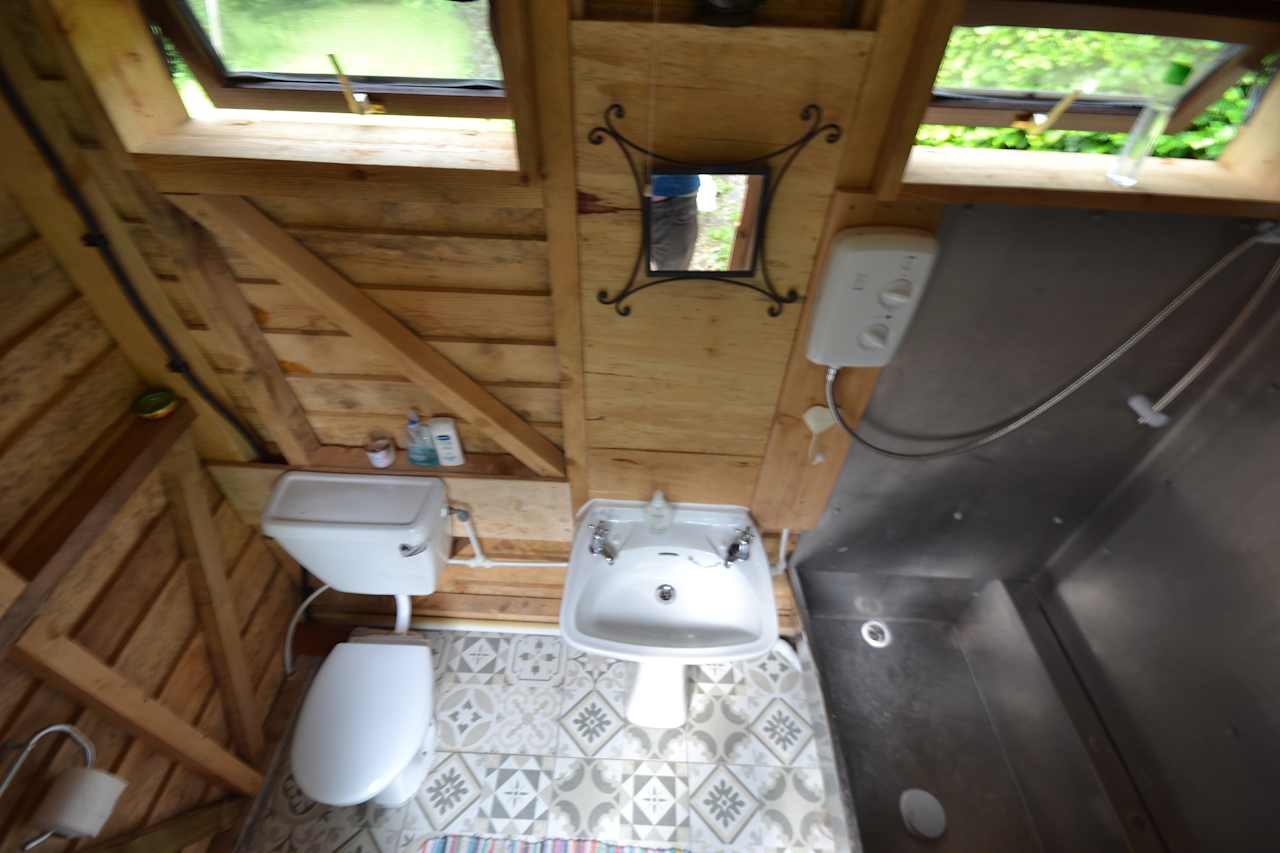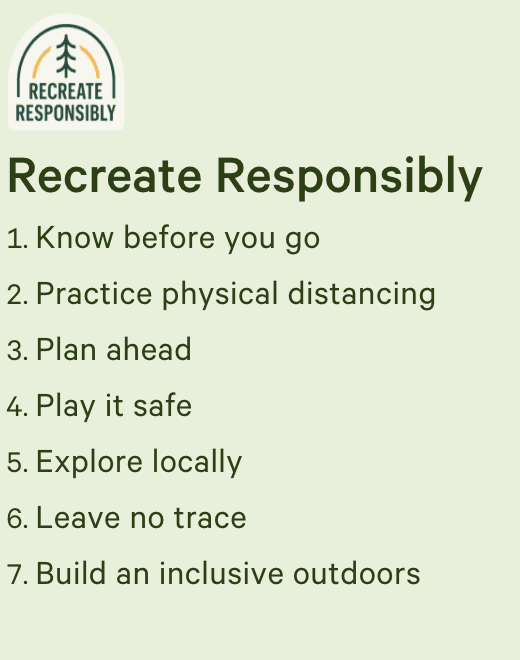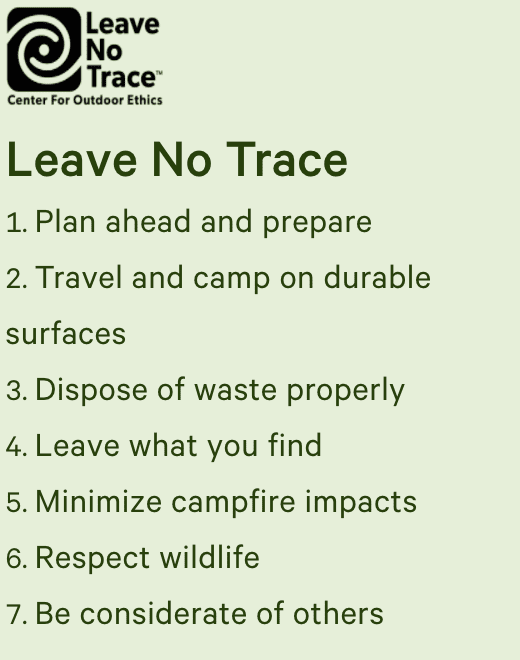Mountainous barns near Beddgelert
Beddgelert beguiles with its forest-fringed riverside location below Snowdonia.
- Beddgelert
Popular camping styles for Beddgelert


Mountainous barns near Beddgelert guide
Overview
In the northwest of Snowdonia, riverside Beddgelert numbers among Snowdonia (Eyri) National Park’s prettiest villages: a condensation of fetching stone houses, pubs, cafes, and shops at the rushing convergence of rivers Afon Glaslyn and Afon Colwyn. It’s arguably the camping capital of the park with all of the top attractions—Snowdon, the Welsh Highland Railway, and the Llŷn Peninsula, to name a few—within easy reach. The heritage railway connects many key destinations within the park, while big treks like the Snowdonia Slate Trail also pass through. Campers are well catered to here, with even a highly regarded outdoor supply store, and well-placed campsites can be found north of the village.
Things to do near Beddgelert
During a camping holiday near Beddgelert, the village itself is well worth a look around. With a few pubs and eateries, a handful of gift shops, and a picturesque setting at the confluence of the Colwyn and Glaswyn rivers, it’ll have you reaching for the camera for sure. You can read the story of how the town got its name at a statue erected in memory of Prince Llewelyn’s legendary hound, Gelert, then hop aboard the Welsh Highland Railway at its Beddgelert Station. Just outside of town is the Sygun Copper Mine, where campers can don hard hats and set off on a self-guided tunnel tour.
But if you’re staying around Beddgelert, it’s likely the national park that you’ve come to see. Luckily, the village’s park information centre can help you set off on the right track, whether walking, climbing, caving, coasteering, or sightseeing. Many Beddgelert campers have peak-bagging in mind, with some preparing to attempt the 1,085-metre Snowdon, Wales’ highest mountain.
Several well-trodden routes run up the mountain, with the Watkin Path and the Rhyd Ddu Path setting off closest to Beddgelert. The Watkins Path, which runs past the Cwm Llan Waterfall, is thought to be one of the most challenging routes, while the path from Rhy Ddu is a little easier.
If your knees are quaking at the prospect of an 8-mile roundtrip excursion, how about heading 15 miles north to Llanberis? From here, you can approach the mountain from the other side on an easier path or even hop aboard the Snowdon Mountain Railway to reach the top. And after all that walking, the seaside is a solid option for relaxation—Porthmadog is the closest stretch, just eight miles down the road, with vast Black Rock Sands nearby. The beach-lined Llyn Peninsula is also close.
Where to go
Snowdon & Around
Snowdon (Yr Wyddfa) is Wales’ most popular outdoor playground—and Britain’s loftiest land south of the Scottish Highlands. The main Llanberis trailhead features a railway coiling up the peak, yet other routes onto Snowdon run from closer points like Beddgelert. Snowdon is likely to be busy, but plot a hike away from the peak and you’ll find fantastic, less-frequented mountain country to explore.
Moel Hebog & Around
The rocky reaches of the 2,569-foot Moel Hebog are a Snowdonia hillwalking favourite, where the gorgeous views over the mountains and the Llyn Peninsula are complemented by an intriguing cave on the smaller peak of Moel yr Ogof. It’s easy to make the peaks into a circular day hike via the Snowdonia Slate Trail from Beddgelert.
Morfa Harlech & Morfa Dyffryn
Despite being a major Snowdonia hillwalking hub, Beddgelert is closer to the coast than most people think. Superlative shoreline awaits around Harlech, 14 miles south, headlined by Morfa Harlech NNR’s wildlife-rich dune systems and Morfa Dyffryn’s vast sands. A skyline featuring Snowdonia’s pointed summits and the Llyn Peninsula’s sand-flanked coast edges miles of paradisiacal beach.
When to go
Easter through September is the main tourist season, although traveller-friendly Beddgelert is so popular with hikers that most facilities are open year-round. But this does not mean the weather obliges—expect capricious, wet-without-warning weather at any time. July is the warmest month for camping out. Some opt to plan a tent camping trip around May’s Caernarfon Food Festival, 12.5 miles northwest, or September’s Festival No. 6 at the Italianate model village of Portmeirion, nine miles south.
















